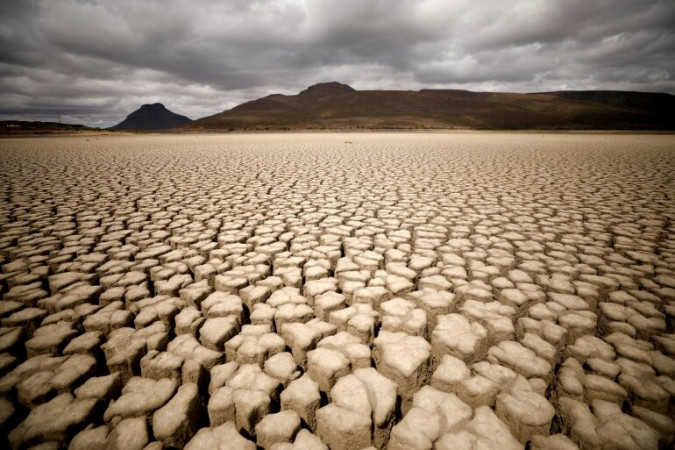Firm policies key in tackling global warming

The world today more than ever is faced with many environmental challenges, most of which can be attributed to climate change. This weather phenomenon presents a significant threat to achievement of many developmental goals especially those related to eliminating extreme poverty and hunger, and promotion of environmental sustainability.
Developing countries’ quest for food security through agricultural expansion often leads to deforestation and forest degradation. Rising demand for timber, fuelwood and charcoal is also accelerating forest degradation and deforestation.
Climate change is likely to constrain biomass supply by lowering productivity as mortality increase with reduced rainfall, and making forests and woodlands less resilient. A major challenge for much of Sub-Saharan Africa is how to formulate agricultural technologies that can resolve conflict between sustainable and improved livelihood and environment conservation.
Today, the world is developing strategies to combat the effects of climate change which, if left unchecked, will be a great threat to our environment and to our very existence. The effects of climate change already being experienced in Sub-Saharan Africa include floods, increased frequency and severity of droughts, increased incidences of human and livestock diseases, food and water insecurity.
The impact of climate change can only be minimised if we develop and promote technologies that can adapt to a changing environment, a process that will need sound decision support mechanisms from researchers and policymakers for effective implementation. One option that can bring great benefits is to integrate trees into agricultural landscapes through social forestry technologies as it will ensure sustainable food production and creation of an effective carbon sink.
There is need for policy interventions to articulate and share lessons on how the human capacity developed through social forestry training is being managed for impact on mitigating climate change. For instance, initiatives should focus on climate change response strategies with the aim of coming up with comprehensive and practical programmes on adaptation and mitigation measures within the region.
Implementation of such programmes will help reduce pressure on our forests, a resource that can greatly cushion us from the effects of climate change. Kenya is largely dependent on bio-energy with charcoal meeting up to 82 per cent of urban energy requirement, of which 75 per cent is sourced from woodlands.
Exploitation of timber in the woodlands for domestic and commercial use is also increasing. Although there is enabling legislation, tackling global warming cannot be achieved without the development of supportive technologies.
We have a climate crisis on our hands and the prospects of climate surprises are high and likely to be very grave for the vulnerable sub-Sahara African countries. Therefore, concerted efforts are necessary in developing results-oriented climate change strategies. We also have an obligation to lead the crusade against actions that lead to adverse climatic change and threaten the quality of our life.
The Intergovernmental Panel on Climate Change has projected that the average temperature in the East Africa region could increase by 3ºC in the next 90 years as a result of global warming.
The frequency and intensity of extreme climatic conditions such as drought and floods are also projected to increase, and arid and semi-arid lands will be most affected. Let us all remember that there cannot be a greater benefit to pass over to the next generation than addressing environmental issues that have direct impact on our social, economic, and political well-being.
— The writer is a PhD student in International Relations















